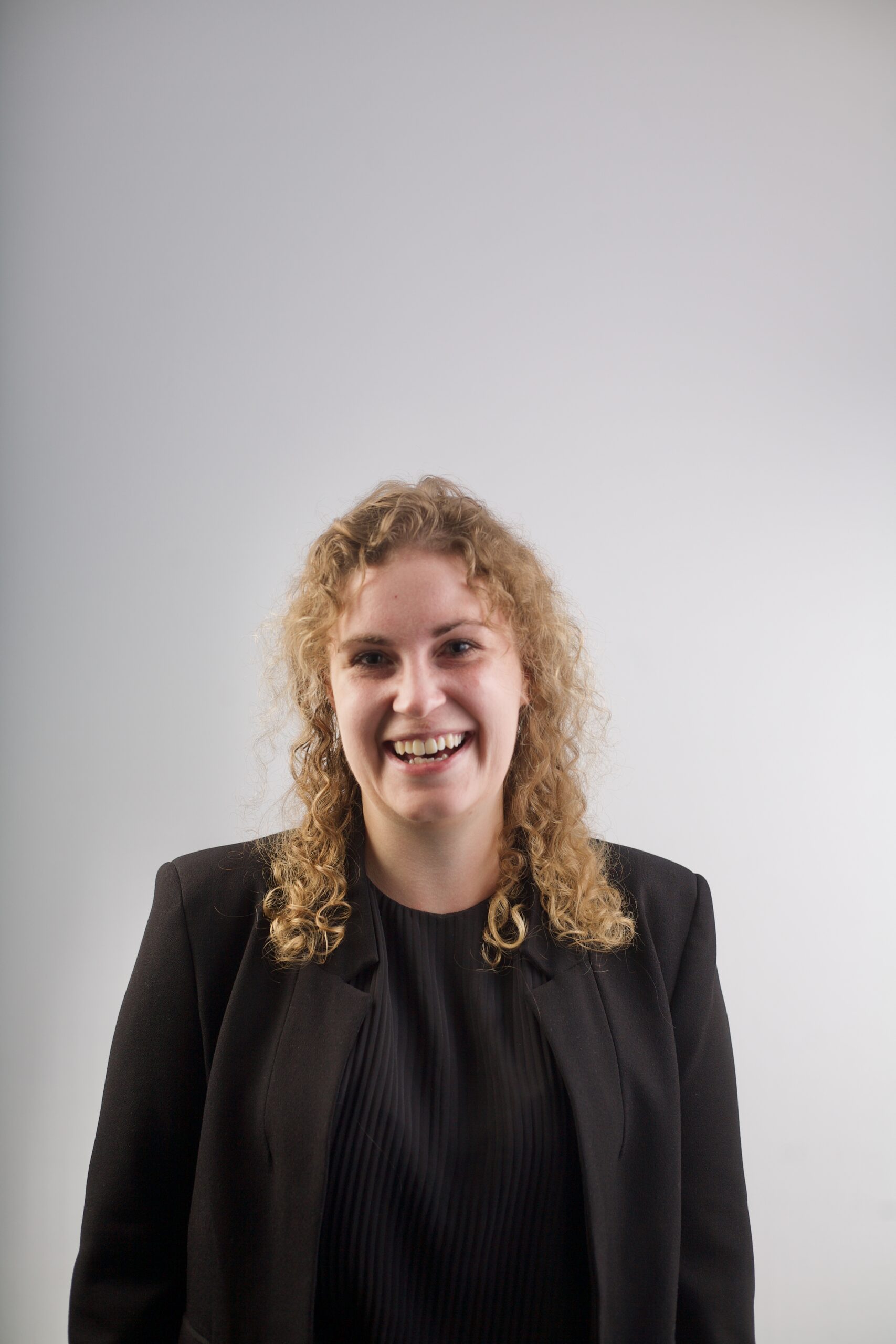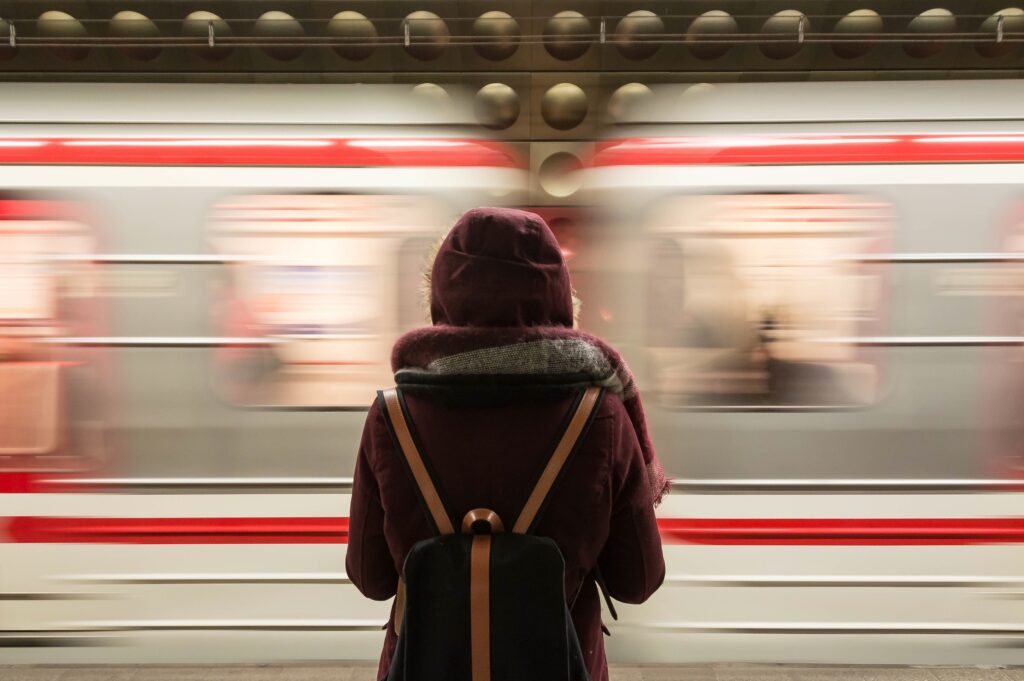Photo by Fabrizio Verrecchia on Pexel
As I am working on the final corrections of my PhD proposal, my train passes the mountains that mark the border between Italy and Austria. I am on my way to Munich, my hometown where my mom and most of my friends live. The train left Verona at three. Here I met up with a friend from my Erasmus days. Since she is Italian and we don’t see each other often, we had to take the opportunity to meet, as I had attended a G-Versity Workshop in Venice the week before.
Soon I will be leaving for the Netherlands again, where I am currently doing my PhD at the Radboud University. In my head, however, I am already thinking about how I can organize my upcoming stay at the Freie Universität Berlin in Germany. How long should I stay? Where will I sleep? How will I get from A to B? Didn’t I have some old friends who now live in Berlin that I can go out for a beer in the evening with?
The waiter comes by and asks if anyone wants coffee. He doesn’t have the candy bar I am craving for to keep my brain cells going. After a week of being “on” all the time, my head definitely needs a thinking break. I’m trying to check my emails, waiting for an urgent reply on whether there will be a meeting in June, with new collaborators for my new data collection at Lund University in Sweden. But of course the Wi-Fi lets me down. That’s unfortunate, because the train is now my third mobile workplace. Next to the university and the home office, of course. But at least there is a power socket.
Somehow my life got pretty international over the last year due to being a PhD student. Pretty cool. Definitely. But also exhausting. And hectic. You kind of have to become an expert in organizing and time management to not let all the different tasks get a hand on you. A skill I definitely need to improve, again I lost my calendar somehow.
I am looking forward to go “home” for a couple of days. As the distance from Verona to Munich is not far, I’m making a detour over Easter to work from there, to see my mum and friends. The last time I saw them was four months ago. People I used to see every day. So glad there’s the Internet, which makes it so much easier to actively stay in each other’s lives. One lesson the PhD taught me is how to come up with flexible and creative ideas to communicate, play online games or find cheap bus connections to meet “in the middle”.
Overall, in addition to the content challenges, the PhD demanded exactly that from me, flexibility, spontaneity and finding new ways to stay in touch with friends and family. As well as being quickly able to connect with the new people and adapt to new surroundings. G-Versity is a very international and diverse consortium. We all have different stories and situations that we all struggle with. Having had our last night in Venice, I felt the need to exchange my thoughts with Rasika, who also started her PhD within the G-Versity project in Nijmegen. We share a lot of experiences these days that are new to both of us. At the same time we often have very different perspectives on things, which makes it nice to pick her brain on different topics.
When I asked her about how she would describe “home” right now, Rasika laughs and tells me about all of her moves in the last few years. She moved from Melbourne, where she studied five years to Arnhem, to start her PhD here in the Netherlands. Before that she lived in Mumbai, where most of her family and friends still live. All of those cities became somehow a part of her life that she links with an image of “home” now. Unlike me, who connects “home” mostly with people and social contacts, Rasika associates “home” with parts of different cities and spaces she creates for herself– where she can BE without being judged. Of course, she says that she is missing her parents and friends but also Arnhem became a home for her now, where she developed her personal everyday life routine.
As for me, her travel flexibility increased over the last year. Conferences in Berlin and Venice, seeing friends and family in Basel and Utrecht, as well as planned research stays in Stockholm and India. Overall she is super excited about that. About all the traveling. While also being aware of how exhausting and demanding it will be. The G-Versity program allows us to travel, she says. To see new places, get to know more contexts, meet different people and get their insights and different perspectives. That’s amazing. But being able to connect her data collection, with going back to her Indian home, that she did not visit for over three years, makes it particularly special for her. I ask her if she shares my feelings about having to adapt a lot. Not just to quickly changing contexts, both professional and personal, but also to different people, social situations and surroundings. For example I feel like I need to be able to adapt to the new situation of being at a conference while adjusting to the people there. Their ways, contexts and thoughts. Of course you don’t need to become friends with everyone. But being part of a conference also means to socialize, connect and network. This can be very intense. Rasika exhales and smiles. “I completely agree”, she says. Doing a PhD feels like constant changes and sometimes it’s impossible to not get overwhelmed by that. But that’s ok. “In the end everything will be fine”, she optimistically says. “You need to get to know your own boundaries and learn how to draw your personal lines. Embrace that you need your space and communicate that clearly. I am sure the other people there actually feel the same need to have a walk by themselves”, she adds. But in the end it will be fine.
Further Reading:
Case, Federica (2022). Of Posters, Friends, and Narrow Alleys. Solutions.

Networking for gender equality and diversity (The Netherlands)
